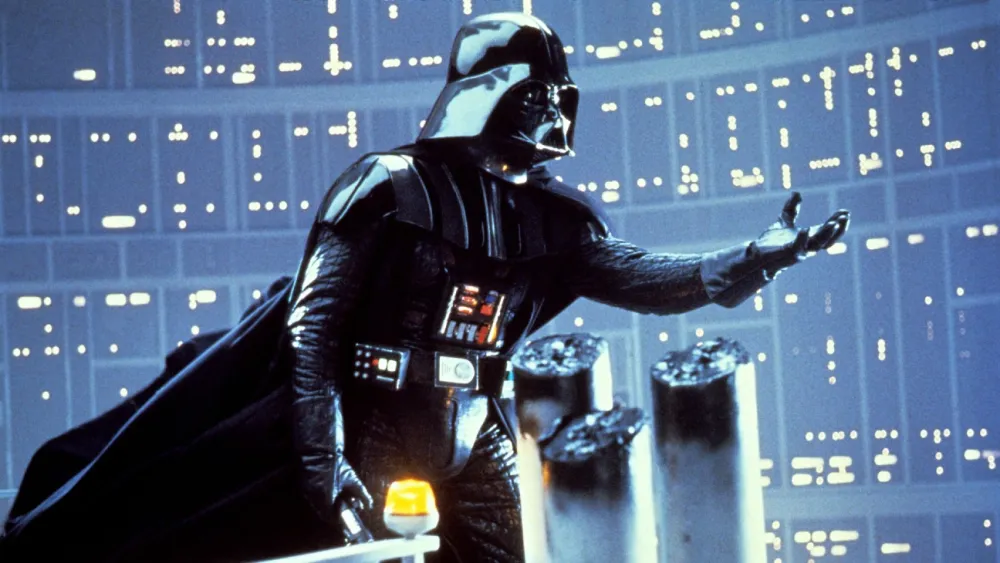James Earl Jones, renowned for his powerful voice, passed away this week at 93, leaving many wondering about the future use of his voice, particularly in the Star Wars universe.
Jones is most famously known for voicing Darth Vader, a role he first took on in 1977’s Star Wars and continued through the original trilogy, later returning for Rogue One: A Star Wars Story in 2016 and The Rise of Skywalker in 2019. Although Jones did not directly participate in the 2022 Disney+ series Obi-Wan Kenobi, his voice was featured thanks to advanced technology. According to Skywalker Sound editor Matthew Wood, Jones had retired from voicing Darth Vader but gave permission for his past recordings to be used, with an AI company called Respeecher crafting new dialogue using his archived performances.
Jones had collaborated with Respeecher to create a younger-sounding version of his voice for the Obi-Wan Kenobi series. Wood described Jones as playing a key role in the process, offering guidance to ensure the authenticity of the recreated dialogue.
Following his passing, questions are swirling about whether Jones’ voice will appear in future Star Wars projects or other franchises like The Lion King, where he voiced Mufasa. For the upcoming prequel Mufasa: The Lion King, Aaron Pierre will be voicing the character, so Jones’ voice is not expected to feature in that project.
A key issue moving forward will be the contracts Jones had in place regarding the use of his voice in digital formats. Legal experts, like Mary LaFrance, a professor of intellectual property law, suggest that much will depend on whether Jones authorized digital replicas of his voice for future works. Such contracts would dictate the extent to which his voice could continue to be used posthumously.
Recent developments in legislation could play a role in how the industry navigates the use of digital recreations of deceased performers. California’s new law requires consent to digitally recreate a performer’s likeness, echoing similar protections put in place during last year’s actors strike. Tennessee has also enacted legislation protecting musicians from unauthorized AI-generated voice recreations with the ELVIS Act. These laws reflect growing concerns as AI technology becomes more prominent in the entertainment industry.
The debate over using deceased actors’ likenesses has intensified with the rise of AI. Last month, Alien: Romulus featured a digital recreation of late actor Ian Holm, with approval from his estate. Similarly, Rogue One famously resurrected the character Grand Moff Tarkin, played by Peter Cushing, who passed away in 1994. However, this led to a legal dispute between Disney and Tyburn Film Productions over the use of Cushing’s likeness, which is still ongoing.
The ethical and legal challenges surrounding the use of AI and digital replicas are highlighted by recent industry practices. Cinematographer Eric Adkins recalls working on Sky Captain and the World of Tomorrow in 2004, where Laurence Olivier’s archival footage was used to create a new role for the late actor. Securing permission from Olivier’s widow was essential in bringing that vision to life, and similar steps are likely to become more common as AI continues to evolve in the entertainment world.
While Jones’ iconic voice may still be heard in certain tributes, such as the University of Michigan’s football game video, the industry will need to navigate the evolving legal landscape to determine how — and if — his voice will be used in future projects. Legal experts like Kevin J. Greene emphasize the importance of clear contract terms for performers regarding voice and likeness rights in this new era of digital recreation.


